Swiss hip hop wows – with no mention of cows
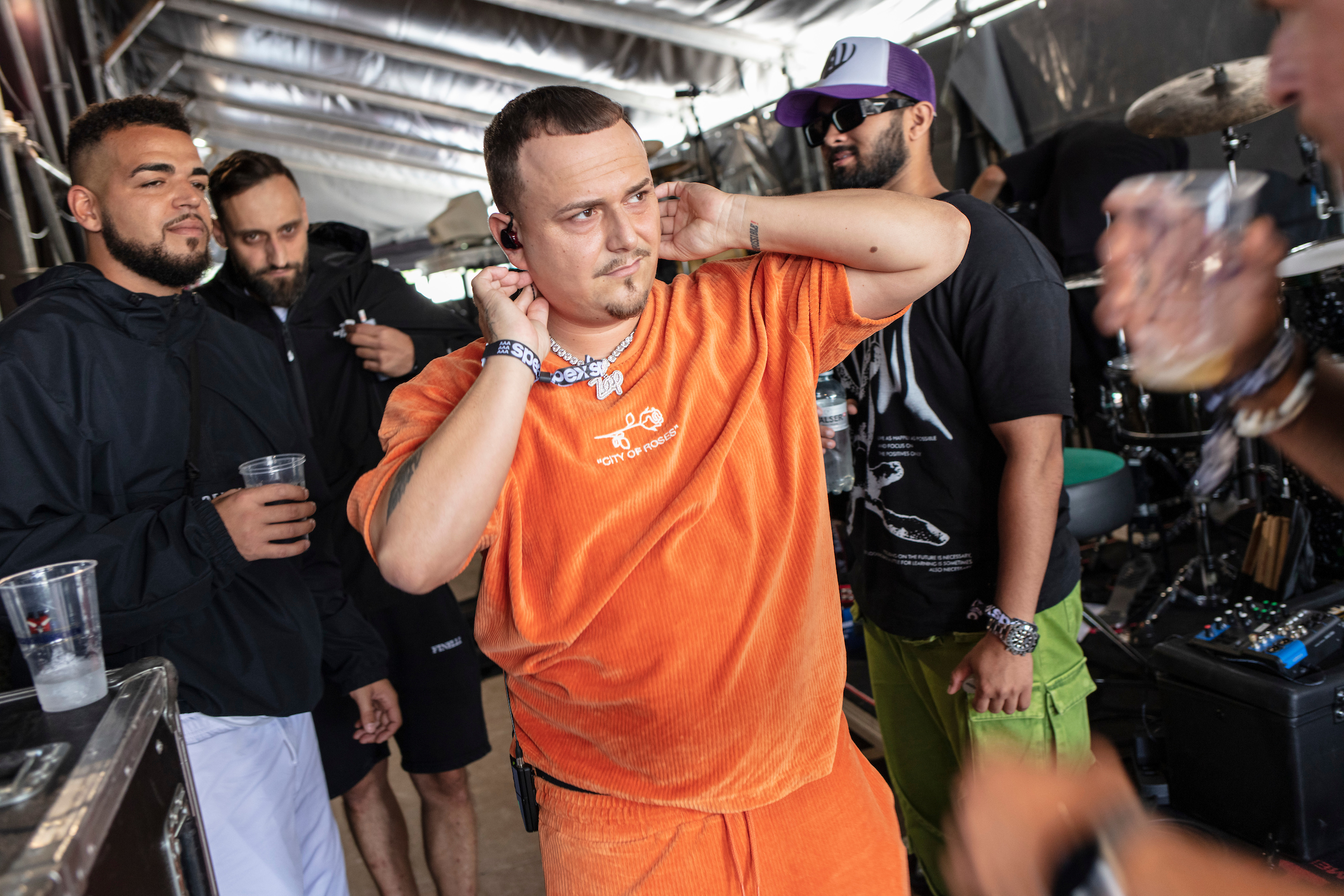
Swiss hip hop is so popular that for the first time in over 50 years a Swiss German dialect song has entered the charts in Germany. Switzerland’s vast linguistic diversity is also garnering attention with Swiss rappers spitting rhymes in Albanian, Italian, Romansch, French, English, Spanish and even Papiamentu.
Most Germans find it difficult to understand the Swiss German dialect. As such, they hardly ever listen to songs in Swiss German. So, it is not surprising that the presenter of the Spex music festival in Bern was euphoric when she introduced the Swiss rapper EAZ. He has achieved what nobody has managed to achieve in 53 years. He has made it into the German charts with a Swiss German song.
EAZ’s dialect rap transcends borders
EAZ’s song Juicy has been streamed more than 15 million times on audio-streaming platform Spotify. “Oh my God, she is juicy. I’d lie if I said I did not need her,” the lyrics translate into English. The song is erotic but not macho. Juicy talks about a different Switzerland from the simple song Grüeziwohl Frau Stirnimaa (Hello, Mrs Stirnimaa) in 1969 – the last time a Swiss German song was successful in Germany.
Dialect rap has become its own genre over the past 30 years and has brought Swiss dialect music out of its shell.
As early as the 1990s, Sens Unik – a rap band from Lausanne singing in French – had already achieved some success, while rap in Swiss German remained an underground phenomenon. In the early 2000s, Swiss bands like Bligg, Breitbild, Gimma, Brandhärd and Big Zis made Swiss German dialect rap mainstream for the first time. But bands that wanted to become superstars like Bligg said goodbye to hip hop and concentrated on pop music.
Most hip hop fans used to consider Swiss German dialect rap to be folk music, while the general public preferred real folk music. But even today, the Swiss have some reservations when it comes to dialect rap. “You are a good rapper, but Swiss German is difficult. I hear this all the time,” says EAZ. “But our generation is capable of opening every door,” he says optimistically. “The rap scene has become what we always wanted it to be: popular.”
Arber Rama, EAZ’s real name, speaks how he raps and how many young Swiss communicate today. He uses Swiss German interspersed with English, as well as words borrowed from other languages and bits of slang. Some of his songs are in Albanian. Dorë për Dore (Hand in hand) is as loved as his Swiss German songs. EAZ’s older sisters were born in Kosovo. “The Kosovars in Switzerland are guest workers, refugees and children who grew up here. I think Swiss and Albanians harmonise very well these days,” he says. “Everyone contributes something to Switzerland. I, for example, contribute my music.”
Rap in any national language is relevant in Switzerland. At the 2023 Swiss Music Awards, the Francophone female rapper KT Gorique was awarded “Best Act of Romandie”, while in 2009, Liricas Anales was the first Romansch band that made it into the Swiss charts. And this year, the female Ticino artist Ele A who raps in Italian stole the hearts of Italian music fans just across the border.
Switzerland’s linguistic diversity goes beyond the four national languages. The Kosovar diaspora comprises more than 200,000 people, so it is not surprising that Albanian rap “Made in Switzerland” has found its way into the music scene. La Nefera from Basel raps in Spanish, as does Baby Volcano from canton Jura.
Baby Volcano: ‘Spanish is like clay’
Baby Volcano, real name Lorena Stadelmann, says rap was an important part of her life, but she did not consider herself as a rapper. “I love what rap does to language, rhythm and attitude,” she says. In her view, rap allows us to discover a language in a different way, while it brings us closer to the way it sounds in a primitive way.
Baby Volcano observes that the Argentinian rapper Nathy Peluso shows us the variety of the Spanish language. “Spanish is like clay,” she says. “You can shape it as you like.”
She even goes as far as mixing two languages when she raps. Sometimes she switches from Spanish to French in a split second. “When we change language, we also change our personalities. Spanish and French are both my mother tongues, but Spanish has a better flow. It is very physical, like Italian. Rapping in Spanish is easier for me,” she adds.
On stage, Baby Volcano can feel how the language changes her voice and her body while her lyrics reflect physicality. All the songs on her album Sindrome Premenstrual are dedicated to various body parts: uterus, lungs, skin, heart, throat and the solar plexus, a complex system of radiating nerves and ganglia. She called the song about the latter Swiss Anxiety.
When performing Swiss Anxiety live, Baby Volcano seems to make accusations against Switzerland which is also expressed by her body language. The song is dedicated to the solar plexus because that is where she feels fear. She also suffers from anxiety. “Living in Switzerland, where everything has to be perfect, makes everyone feel anxious,” she says. “We fail to notice that there is also chaos in our days.”
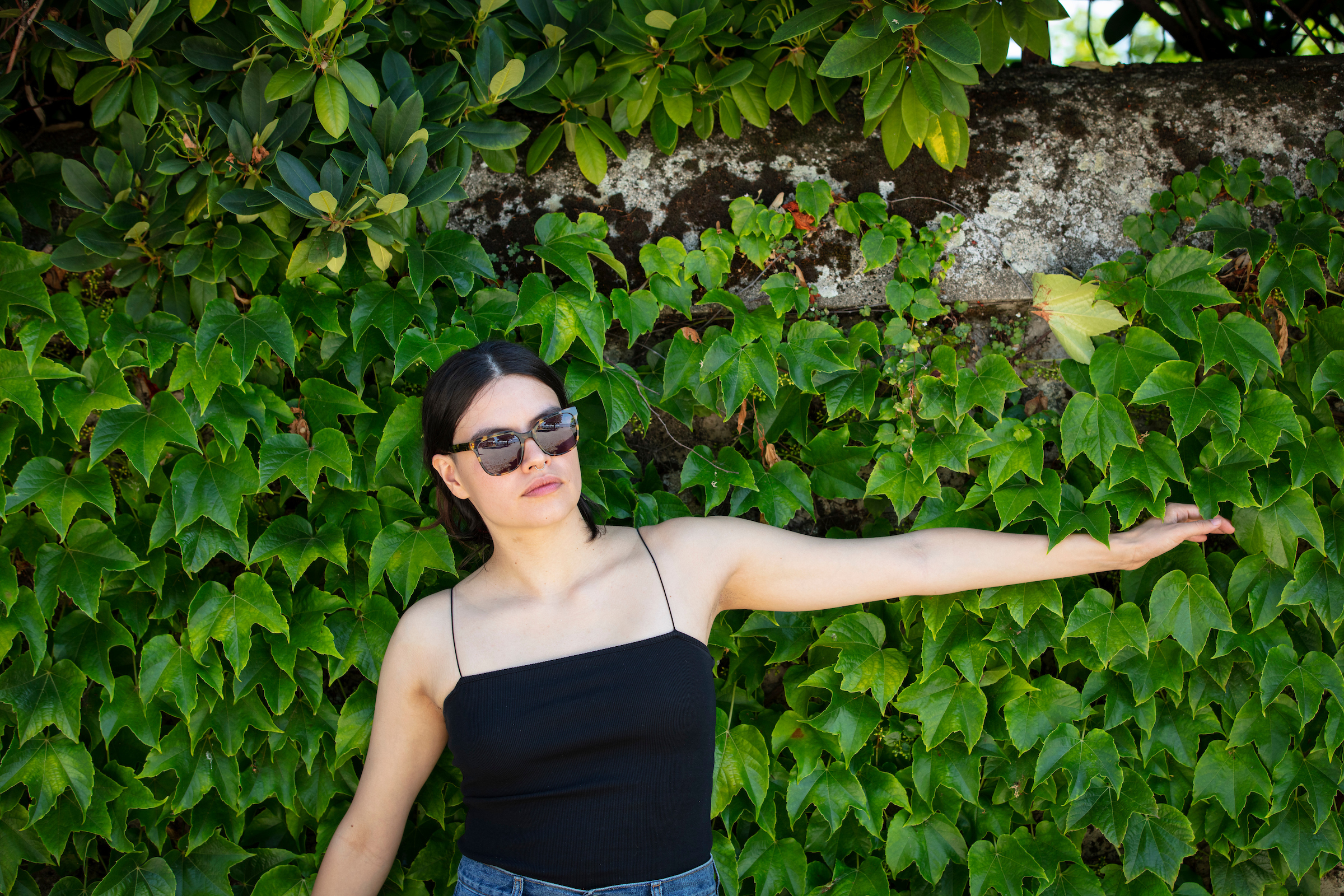
That focus on perfection, she believes, is one of the reasons why the Swiss don’t talk openly about mental health. In her view, a great deal of awareness and a good sense of humour are needed to cope with the Swiss way of life. “The song is good to dance to. Its message isn’t: ‘Oh my God, what shall we do next?’; it’s about saying: ‘Ok, this is part of our country’.”
Baby Volcano is Guatemalan and Swiss. Her family lives in canton Jura and speaks a mix of Spanish and French. But Spanish only became the language of her music when she lived in Argentina for four years.
In the summer of 2023, Baby Volcano was invited to many music festivals in Switzerland and abroad. If her success continues like this, she will have to decide sooner rather than later whether she wants to perform for audiences in Switzerland, France or the Spanish-speaking world. “If you tell people that you are a musician in Switzerland, they think you are unemployed,” she says.
Musicians are more appreciated in France, she says, and there are more funds and better institutions for a musician to grow. The Spanish-speaking music industry, on the other hand, is a lot bigger than the French-speaking one.
StarrLight: a peaceful alien invasion
EAZ will soon go on tour in Switzerland and will play the last gig in his hometown of Wetzikon. But Swiss rappers who sing in English would rather perform in the “motherland of hip hop” as StarrLight puts it. She raps with a speed, intonation and vocabulary that could easily compete with the rapping stars in the US.
The Covid-19 pandemic nixed her planned tour through the US, but the Dutch rap artist who lives in Basel will give it another go in October.
When she first visited Switzerland, she immediately felt comfortable. “My music enabled me to travel through Europe, but there was always something special about Switzerland: I felt at home wherever I performed – in Chur, Schaffhausen, Geneva, everywhere,” she says.
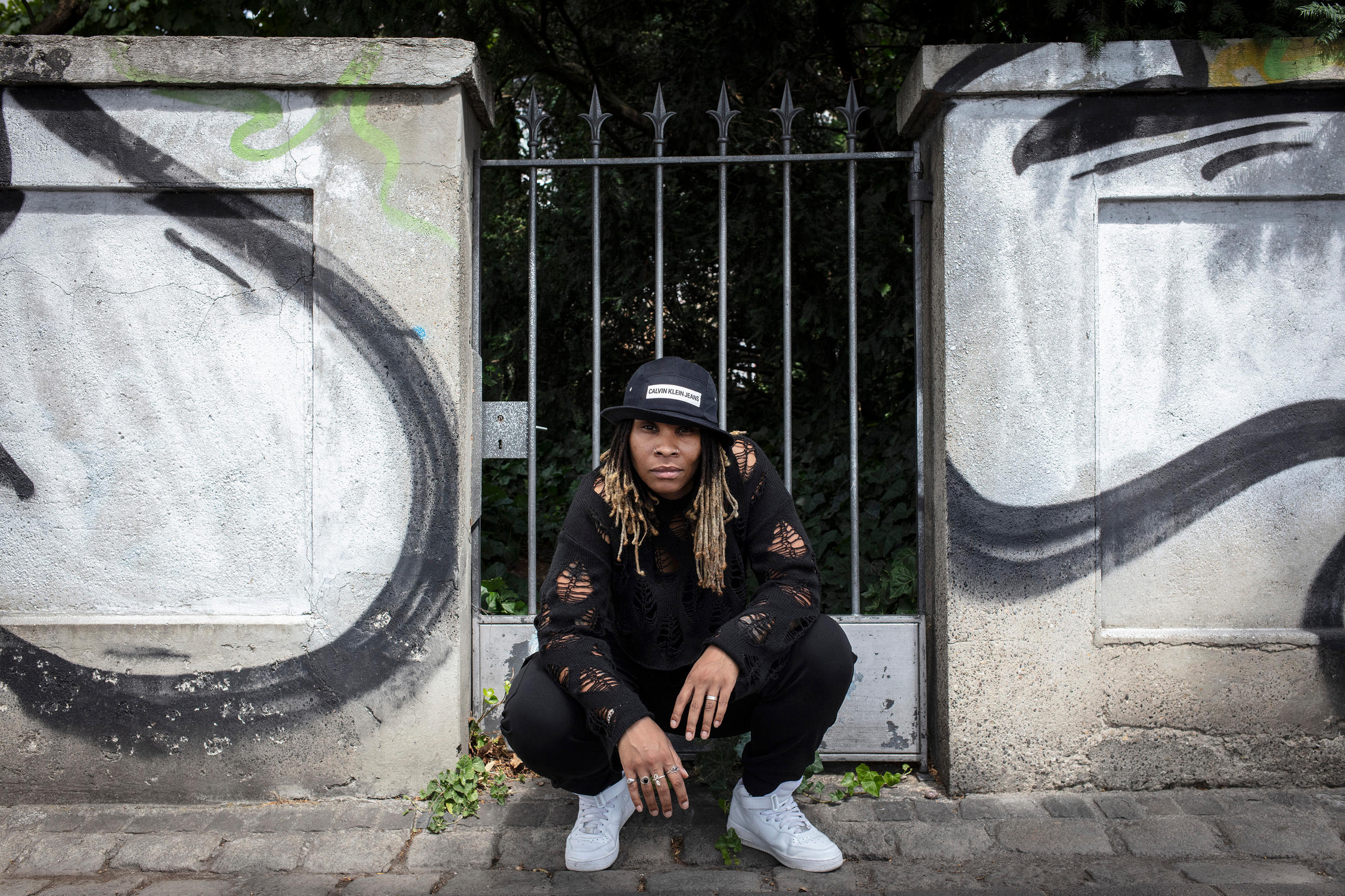
At one point, she had so many gigs in Switzerland that people wondered if she was based here. Two years ago, she moved to Basel.
StarrLight was never interested in being mainstream. She wanted to spread her own message, and she wanted to spread it beyond the Dutch borders. “I rap as an alien,” she says. “I feel alienated from this world. I don’t have a problem with individual people but with humankind as a whole. I feel connected to nature and to a few people I am close to.”
Her lyrics often take an outsider’s view of people, sometimes from the viewpoint of a peaceful invasion, sometimes from outer space. “I have created my own little world. Planet Starrazoid, which admits anyone who wants to enter and becomes a fan of StarrLight, no matter who and where they are,” she says.
Those who feel alienated feel connected through the alien part of her songs; those who feel human connect to her flow and her lyrics. “If you are a strong woman, you connect to this part. If you are black, you connect to another part. If you are in a same-sex relationship, you connect to yet another part,” she says. All fans and listeners can choose what to feel connected to.
StarrLight has an open view of hip hop. “I think it’s wonderful that hip hop exists and how it travels around the world,” she adds. “It’s great that it came to the Netherlands early; that it was accessible to us; and that it crosses genders. In hip hop, it does not matter who you are.”
StarrLight features Swiss German rapper Shape in one of her songs. She considers rap in Swiss German cool. “It has nothing to do with cows,” she stresses. “Rappers like Shape embody hip hop, no matter which language they speak. It has to come from the inside.”
Singing in Dutch is not an option for StarrLight, but she is keen to mix more Papiamentu with her English songs. Papiamentu is her mother’s mother tongue. The creole language is spoken by fewer than 300,000 people on the Caribbean Island of Curaçao. “I like how Papiamentu confuses people as they often think it is Spanish.”
The choice of language used to express hip hop is something very personal, according to StarrLight. “I rap in English because I think in English. If you think in Spanish, rap in Spanish. You should rap in the language closest to your heart,” she says.
Edited by Marc Leutenegger. Translated by Billi Bierling/ds
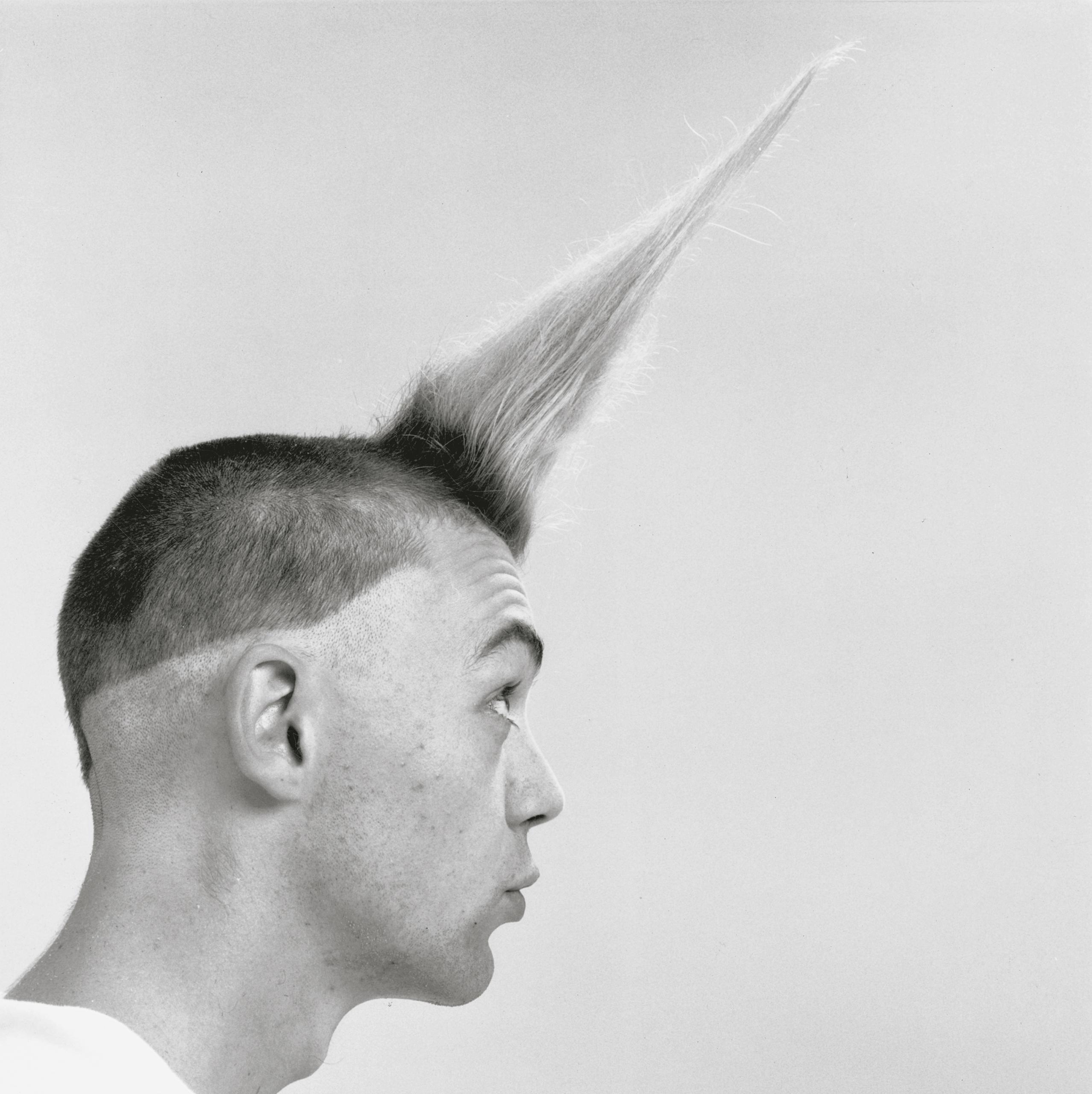
More
Milestones in Swiss pop

In compliance with the JTI standards
More: SWI swissinfo.ch certified by the Journalism Trust Initiative
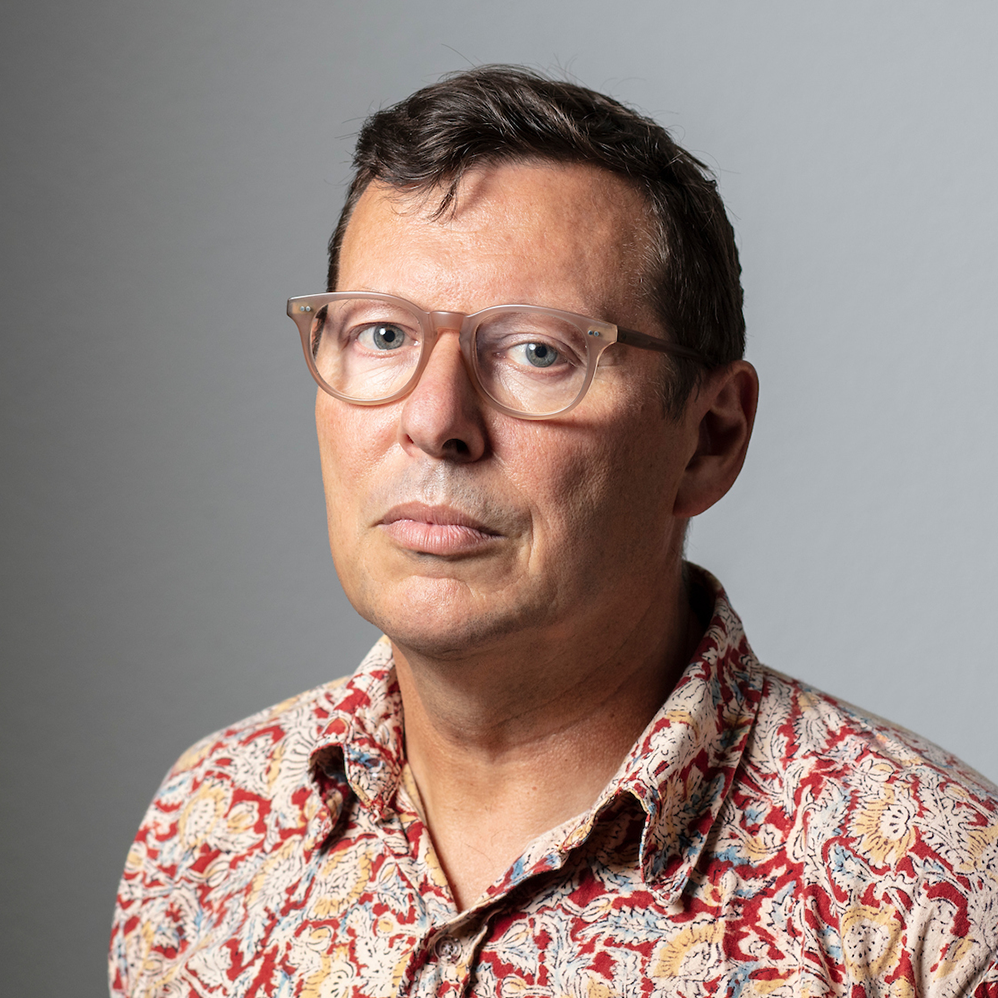
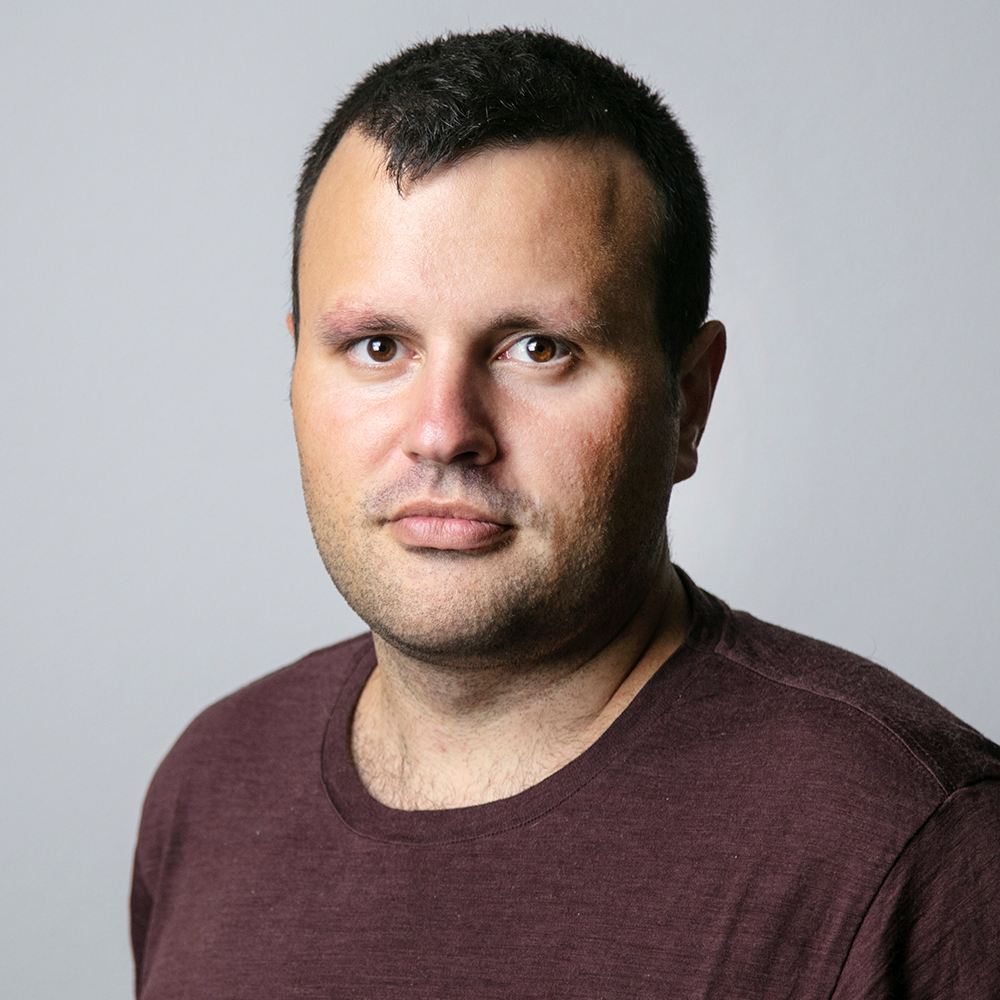
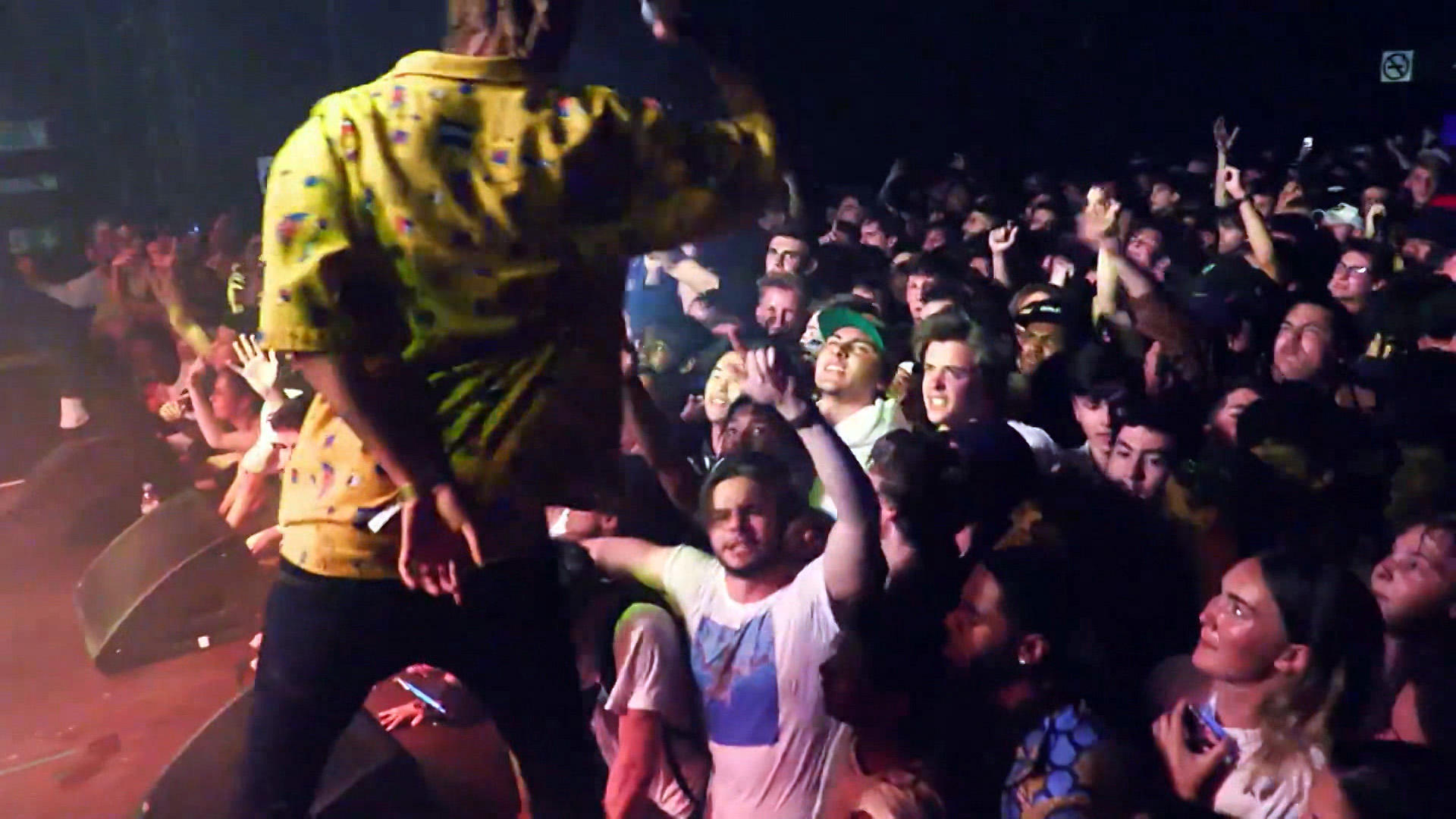
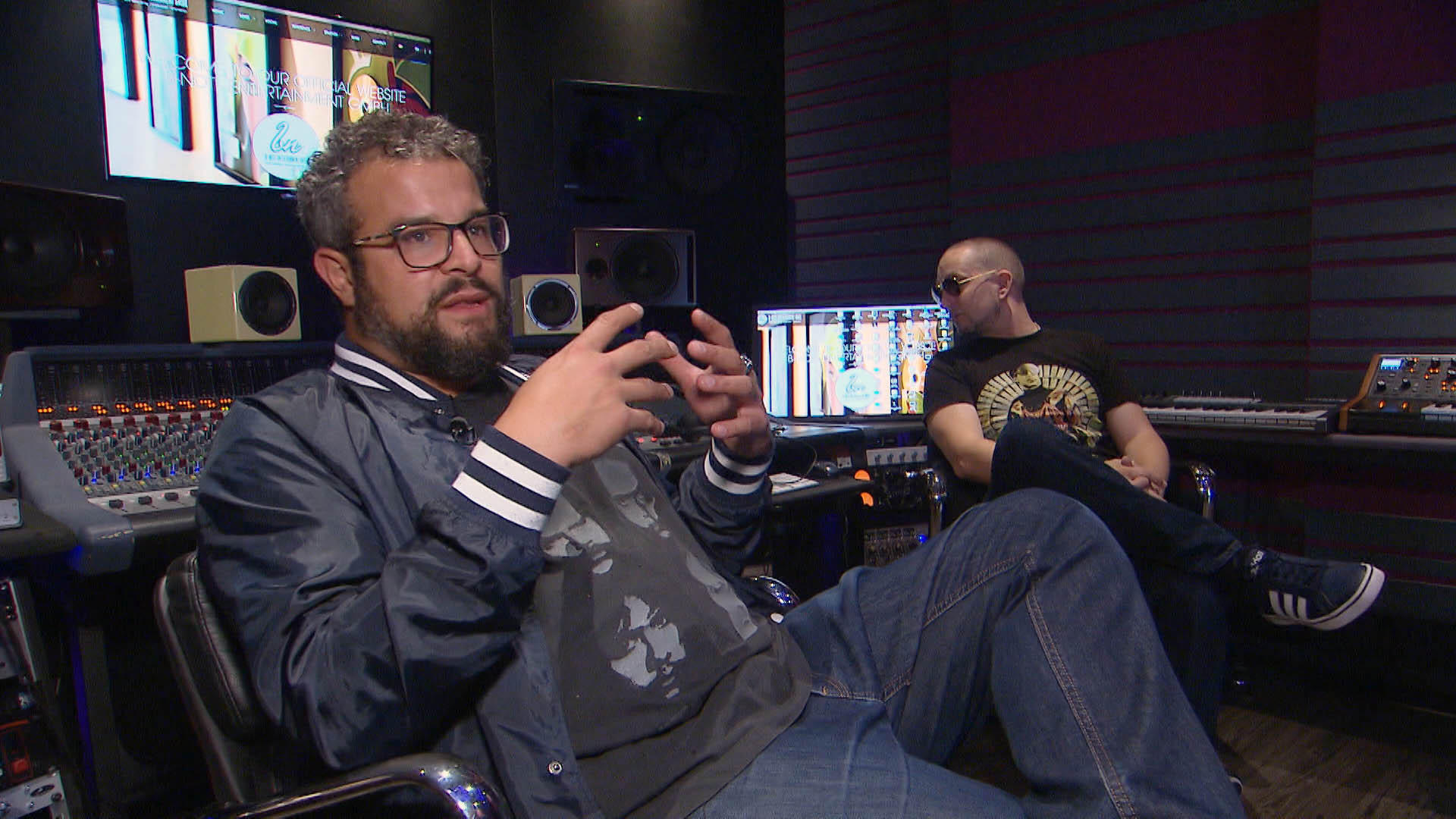
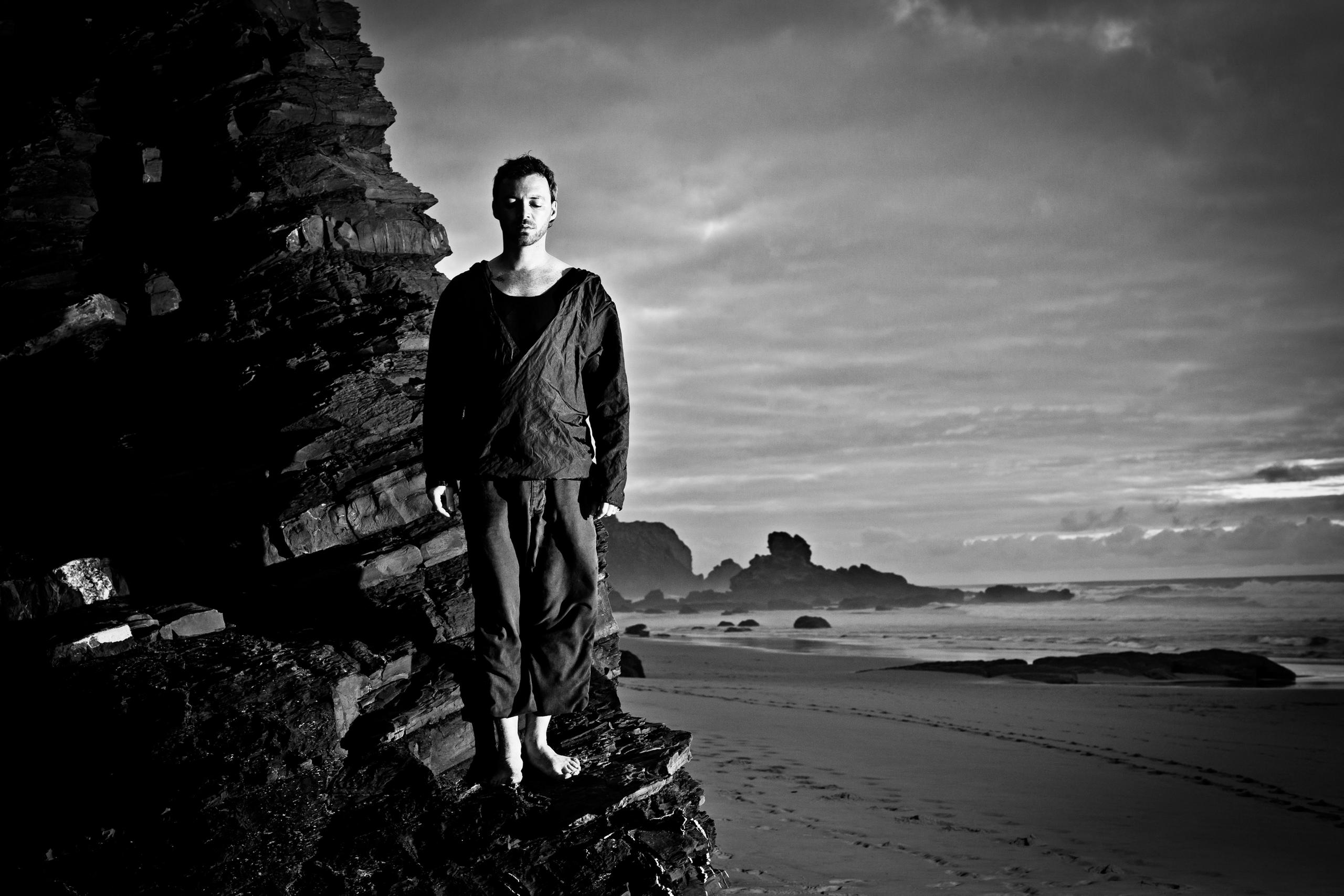
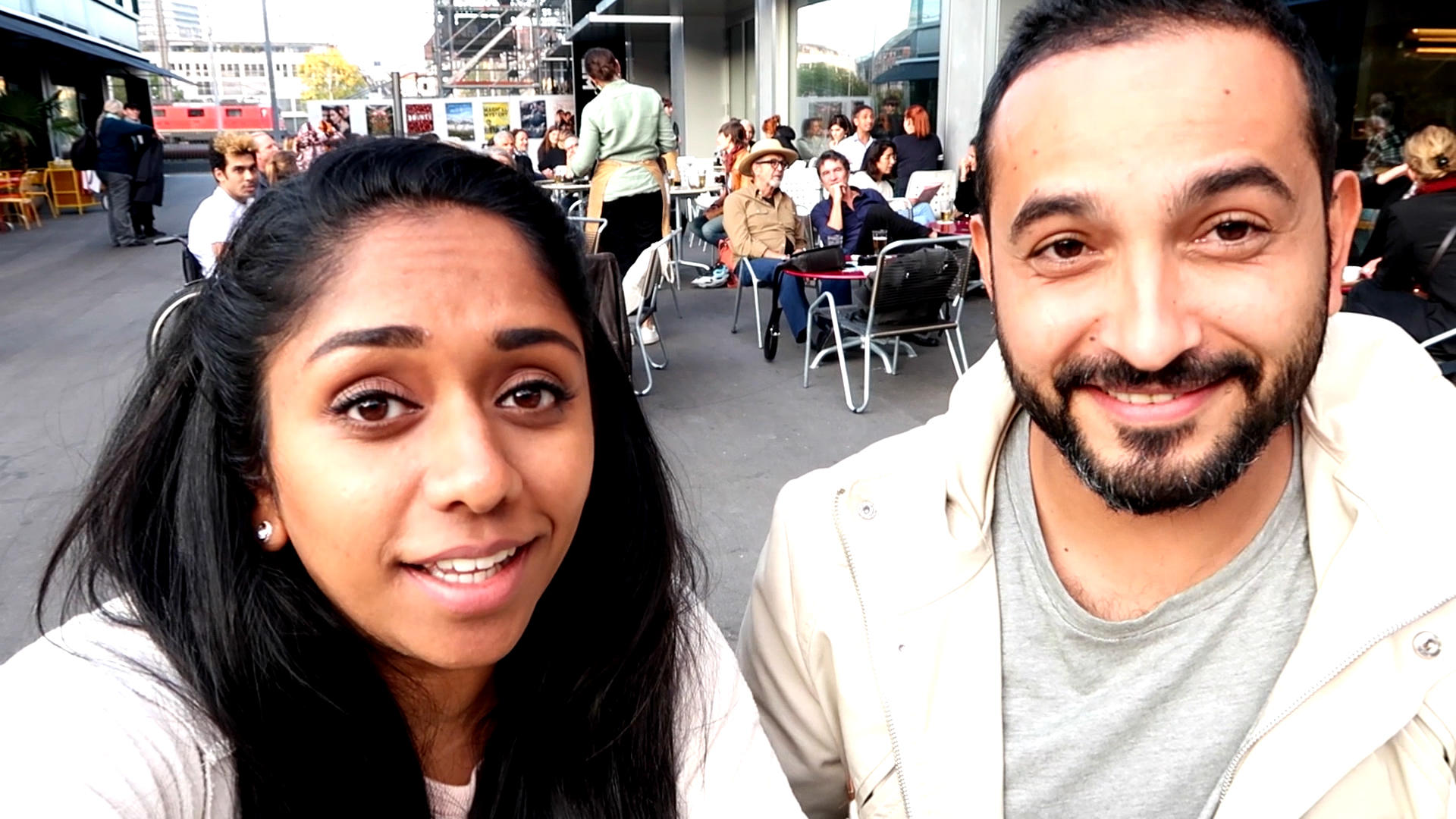
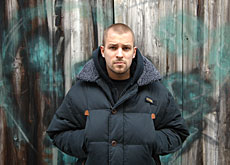
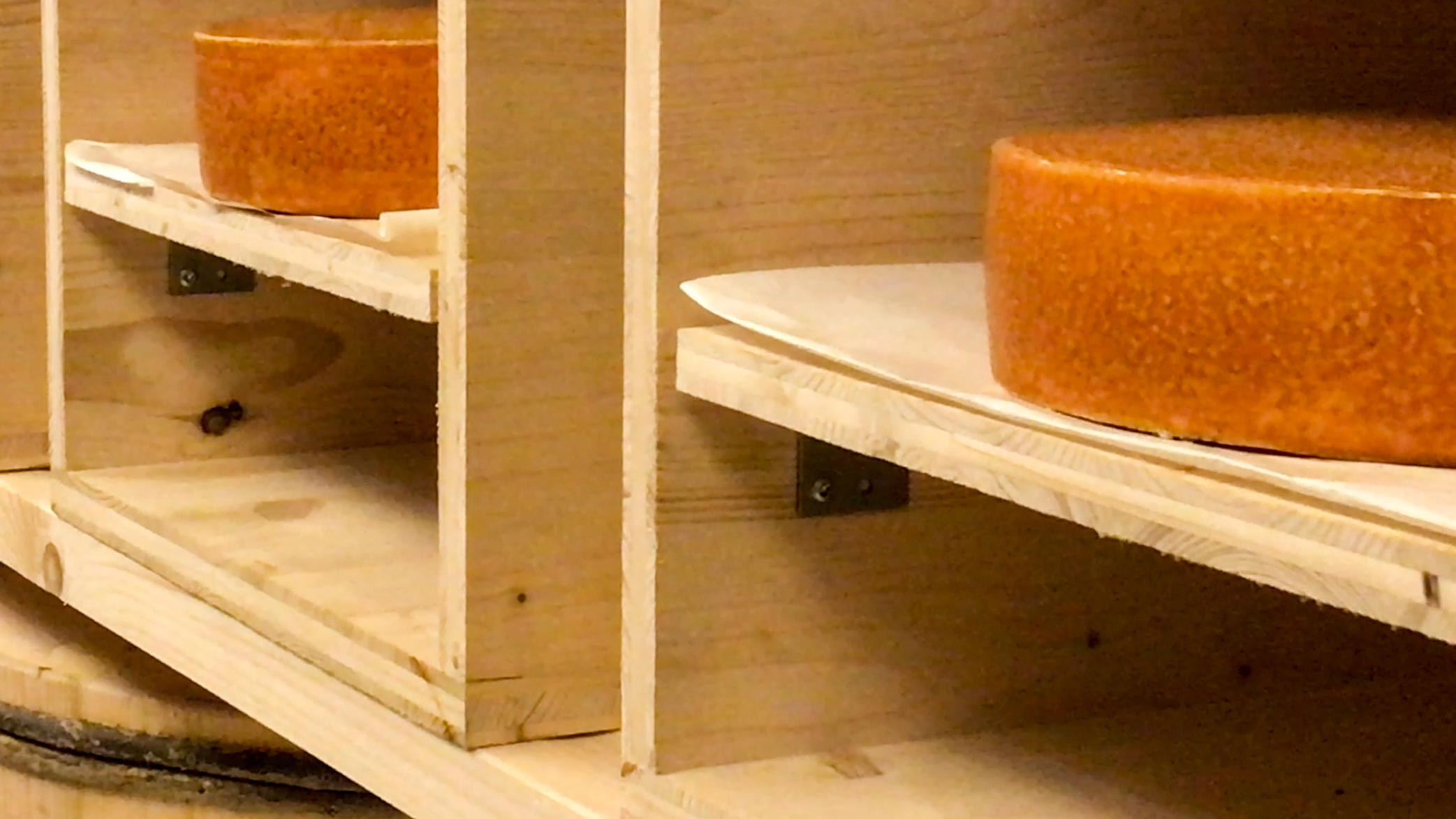
You can find an overview of ongoing debates with our journalists here . Please join us!
If you want to start a conversation about a topic raised in this article or want to report factual errors, email us at english@swissinfo.ch.